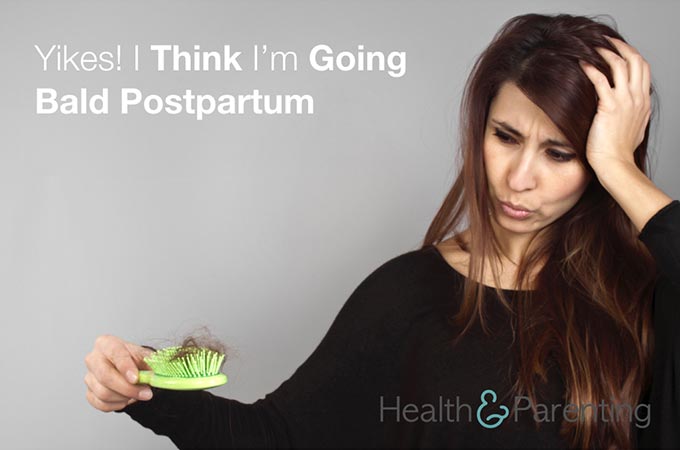If you’re currently pregnant, you’re probably experiencing some of the weird and wonderful body changes that pregnancy brings. Increased body hair growth, darkened skin patches and bigger feet, to name just a few. But did you know there are even more changes in store for after the birth? Here are five weird things to expect post pregnancy:
- Hair loss – yes, sadly it’s time to say goodbye to that beautiful mane of hair you’ve been sporting for the last nine months. As your hormone levels decrease after the birth, your hair will start falling out. This can happen clumps at a time, or you may simply notice a build up in your hairbrush at the end of the week. It may feel like you’re losing too much, but most likely your hair is just returning to its pre-pregnancy state. It should stop falling out by your child’s first birthday.
- Phantom kicks – these feel just like the kicks and flutters of a baby in the womb, and are likely to have you racing to the pharmacy for a pregnancy test. Fear not though, these are just the phantom kicks some women experience post pregnancy. These could be your uterus contracting and shrinking back to its pre-pregnancy size, or it could simply be that you are now more aware of any movements in your tummy.
- Incontinence – it’s not uncommon for new mothers to involuntarily wee when sneezing, coughing or laughing. Pregnancy and birth weaken your pelvic floor muscles, and this can leave you less able to control when you wee. Make sure you do your pelvic floor exercises throughout pregnancy and postpartum to look after your pelvic floor muscles.
- Mummy brain – whether it’s caused by tiredness, hormones or general distraction, the cause of mummy brain is unknown. The fact is, however, that as a new parent, you may find yourself feeling a little fuzzy. Forgetting words, losing where you were mid-story, and forgetting what you were doing, are all common complaints for new mums. You should find the symptoms decrease over time, and you feel more human again a few months after the birth.
- Bleeding gums – dental problems are a common complaint for new mothers. Breastfeeding takes nutrients including calcium, from your body. To keep your calcium levels up, make sure you are eating a balanced diet, with plenty of leafy greens, and fortified soya or dairy products.
So, those are the weird things to expect post pregnancy, but what unusual changes have you noticed during pregnancy?
Written by Fiona (@Fiona_Peacock), mother, writer and lover of all things baby related.
This information is not intended to replace the advice of a trained medical doctor. Health & Parenting Ltd disclaims any liability for the decisions you make based on this information, which is provided to you on a general information basis only and not as a substitute for personalized medical advice. All contents copyright © Health & Parenting Ltd 2017. All rights reserved.











